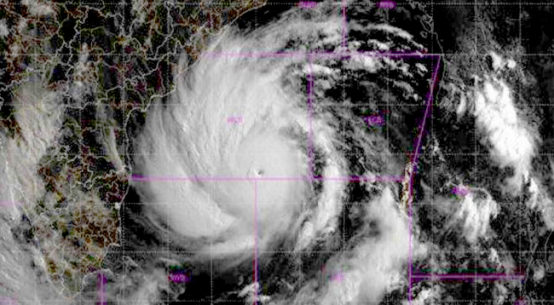The authorities concerned of the Department of Environment and the Dhaka City Corporations are unconcerned over the worsening trend of the country’s air pollution as their children reside abroad, the High Court (HC) said in an observation on Monday.
A HC bench led by Justice KM Kamrul Quader expressed concern, taking note of a media report indicating that the capital Dhaka once again secured the top spot in the global air quality index last week.
The bench also directed the Department of Environment and the Dhaka City Corporations to submit a report within two weeks by ensuring the implementation of the nine-point directive given earlier, including the closure of illegal brick kilns in and around the capital Dhaka.
It was stated in the HC’s earlier order that the burning of tire and recycling batteries are totally prohibited in the capital city without the approval of the Department of Environment.
In the nine-point directive, the HC has also ordered the authorities concerned to ensure closure of all illegal brick kilns in four neighboring districts of the capital — Gazipur, Munshiganj, Narayanganj and Manikganj.
The authorities responsible have also been asked ensure that the trucks carrying sand and waste in the capital Dhaka are covered, to prevent air pollution.
Meanwhile, as of 9 am today, the air quality in the capital Dhaka was categorised as unhealthy, with the city securing the seventh position on the global list of cities with the poorest air quality score of 168.
India’s Delhi, Pakistan’s Lahore and India’s Kolkata occupied the first, second and third spots on the list, with AQI scores of 306, 288, 259 and 256 respectively.
When the AQI value for particle pollution remains between 101 and 150, the air quality is considered unhealthy for sensitive groups, between 150 and 200 is also unhealthy, between 201 and 300 is said to be very unhealthy while a reading of 301+ is considered hazardous, posing a serious health risk to residents.
The AQI in Bangladesh is based on five pollutants: particulate matter (PM10 and PM2.5), NO2, CO, SO2, and ozone.
Dhaka has long been grappling with air pollution issues. Its air quality usually turns unhealthy in winter and improves during the monsoon.

